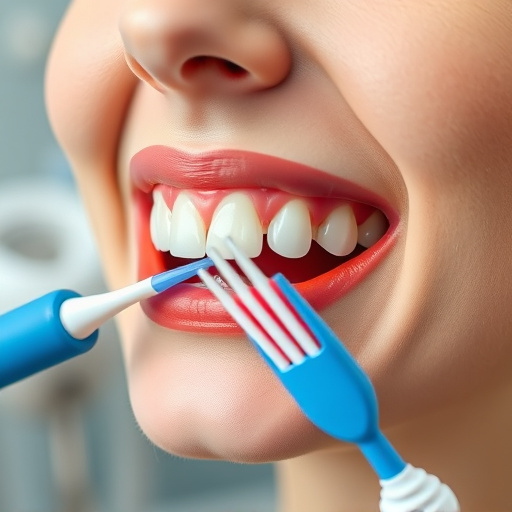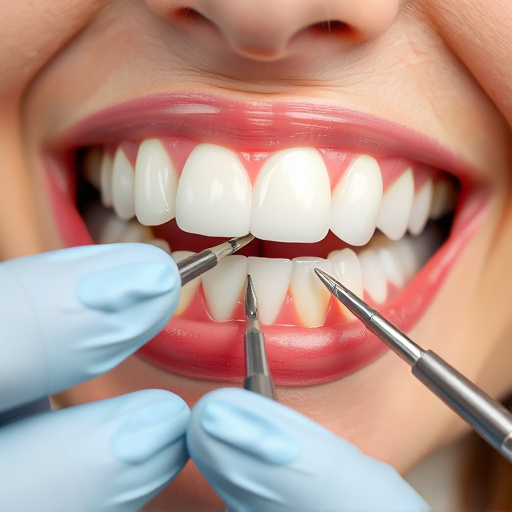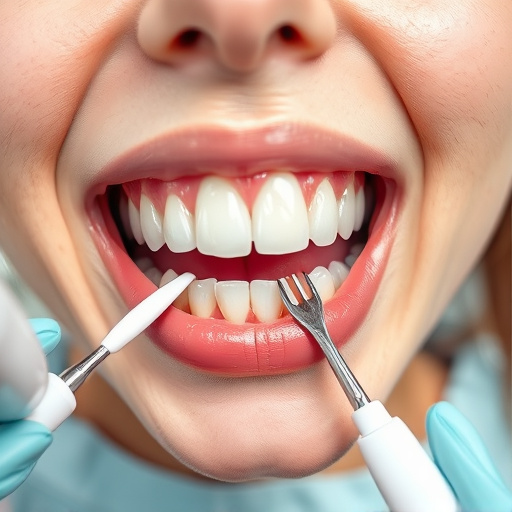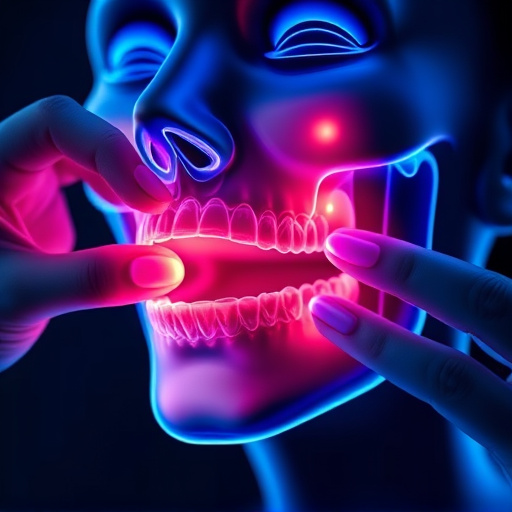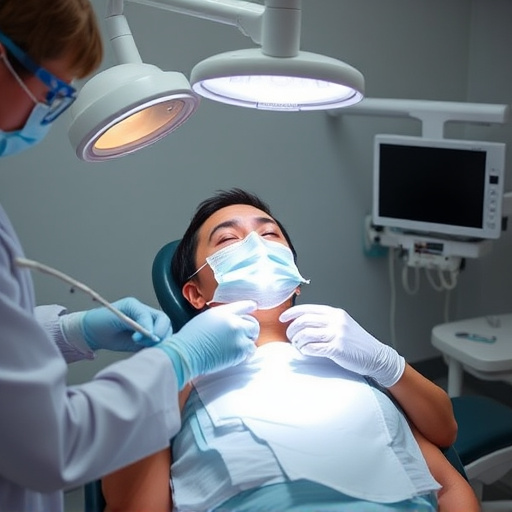Dental accidents range from minor to severe, with common emergencies like tooth avulsion and fractures requiring immediate attention. Oral surgery procedures, including wisdom tooth removal and dental crown placements, stabilize and restore oral health quickly. Prompt treatment prevents further damage, reduces discomfort, and aids faster recovery. Proper post-surgical care, rest, medication adherence, and dietary adjustments are crucial for healing. Regular dentistry practices maintain long-term oral health and prevent future complications.
In the event of a dental emergency, prompt action is crucial. This article delves into essential oral surgery procedures for managing acute dental accidents. We explore common scenarios demanding immediate intervention, from tooth avulsions to severe fractures. Understanding these emergencies and their treatment is vital for optimal patient care. Learn about swift emergency procedures, post-surgical care guidelines, and how to ensure a successful recovery after these critical oral surgery procedures.
- Understanding Common Dental Accidents Requiring Oral Surgery
- Emergency Procedures: Quick Action for Severe Cases
- Post-Surgical Care: Ensuring Optimal Recovery After Oral Surgery Procedures
Understanding Common Dental Accidents Requiring Oral Surgery
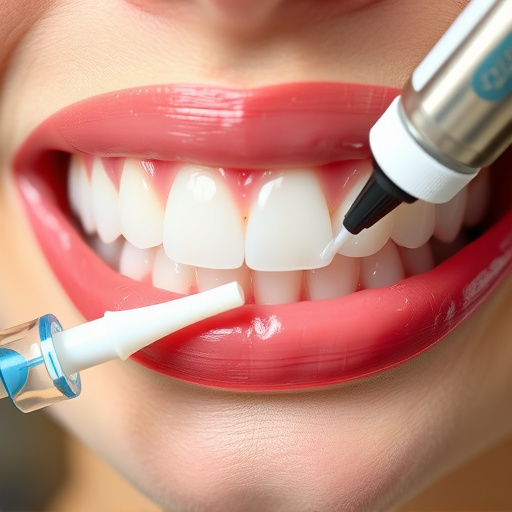
Dental accidents can range from minor chips to severe injuries affecting the teeth, gums, and supporting structures. Understanding these common dental emergencies is crucial for knowing when to seek immediate oral surgery procedures. One of the most frequent issues requiring urgent attention is a tooth avulsion, where a tooth is completely knocked out. This often occurs during sports injuries or accidents involving impact. While time is of the essence, proper handling of the tooth can improve the chances of successful reimplantation.
Another common scenario is severe tooth fractures, which can be caused by trauma, biting down on hard objects, or dental decay. Depending on the extent of the damage, these fractures may require more than simple fillings or clear aligners in general dentistry. Oral surgery procedures such as root canals, extractions, and even implant placements might be necessary to save the tooth or provide a functional solution when conservative treatments fail.
Emergency Procedures: Quick Action for Severe Cases
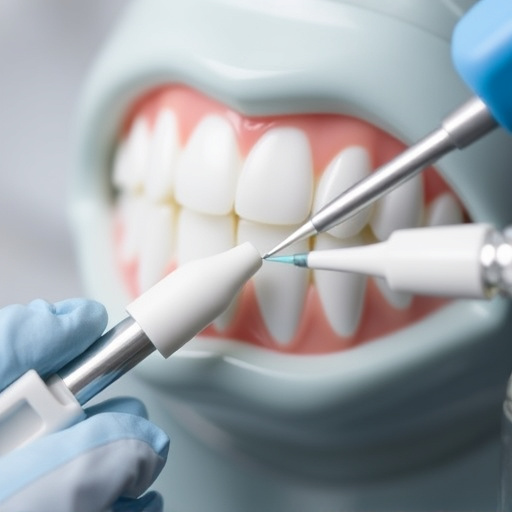
In severe dental accidents, immediate action is crucial for optimal patient outcomes. Emergency oral surgery procedures are designed to stabilize and restore oral health as quickly as possible. These interventions often involve rapid assessment and decision-making to manage conditions like avulsed teeth, fractured jaws, or severe tooth infections. Time is of the essence in such cases; prompt treatment can prevent further damage, reduce discomfort, and preserve the patient’s overall well-being.
One common emergency procedure is wisdom tooth removal, especially when impacted or causing pain. Family dentistry professionals are often well-equipped to handle these situations, providing swift relief for patients experiencing dental emergencies. Additionally, in more complex cases, procedures such as dental crown placements may be required to restore and protect damaged teeth, ensuring a faster return to normal chewing and speaking functions.
Post-Surgical Care: Ensuring Optimal Recovery After Oral Surgery Procedures
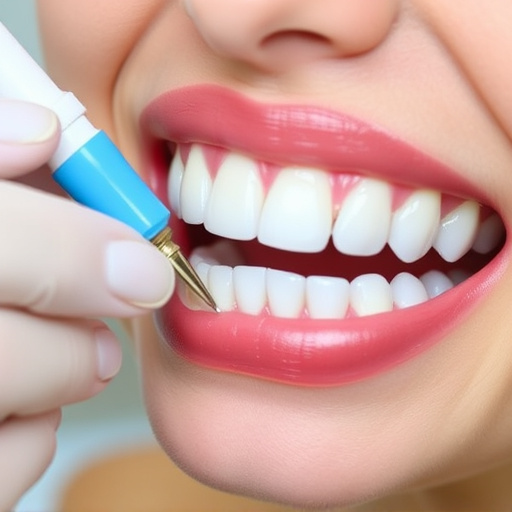
After an emergency oral surgery procedure, proper post-surgical care is vital for a successful and comfortable recovery. Patients should be provided with clear instructions on how to manage pain, maintain good oral hygiene, and avoid activities that may disrupt healing. This includes resting adequately, taking prescribed medications as directed, and avoiding spicy or hot foods until the surgical site has healed.
In addition to these general guidelines, specific considerations may apply depending on the type of oral surgery performed. For instance, after a tooth extraction, patients should be told to bite gently on gauze placed over the extraction site to control bleeding and minimize swelling. In cases of dental bonding or cosmetic fillings, it’s crucial to maintain regular brushing and flossing while avoiding hard or sticky foods that could dislodge the repair. Preventive dentistry practices, such as routine checkups and cleanings, are also essential to ensure long-term oral health and prevent future complications.
In cases of severe dental accidents, quick and appropriate action is crucial. Understanding common scenarios that may require emergency oral surgery procedures, such as tooth avulsions, fractured jaws, or oral lacerations, empowers individuals to respond effectively. Immediate intervention by qualified dental professionals can significantly improve outcomes. Post-surgical care, including proper healing, pain management, and follow-up visits, ensures a successful recovery. By staying informed about these oral surgery procedures, individuals can better navigate dental emergencies and restore their oral health.







